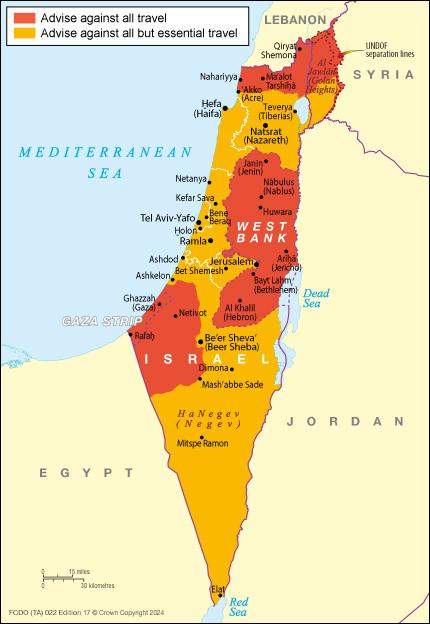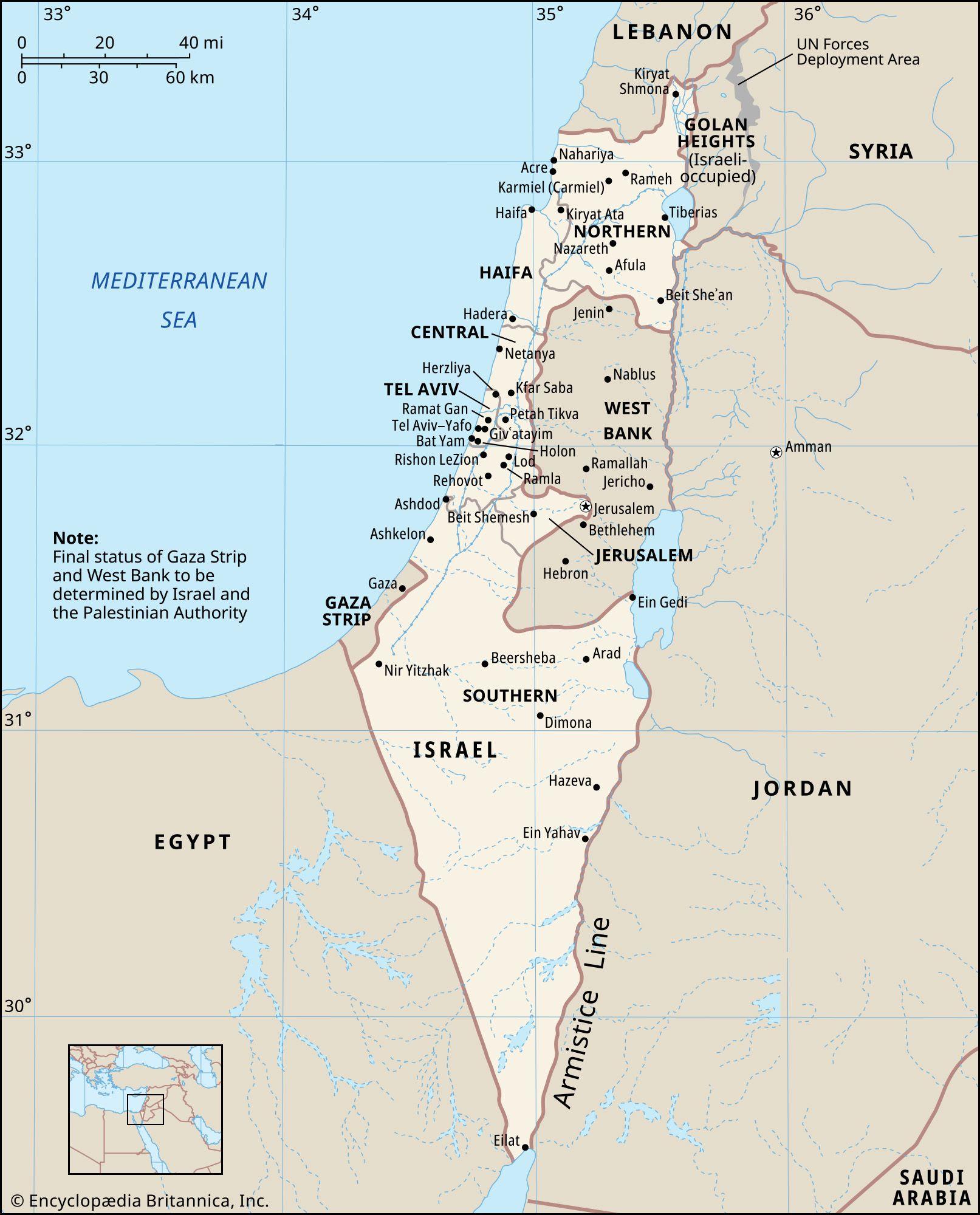In a surge of strategic escalation, the skies of Syria tremble under the impact of Israeli aerial bombardments and the ground reverberates with the arrival of its formidable ground troops. This audacious move, a military gambit of significant proportions, sets the stage for a new chapter in the often-contentious relationship between Israel and its war-torn neighbor.
– Damascus Strikes and Ground Incursion: A Test of Regional Stability
Escalating Tensions: Damascus Strikes and Ground Incursion
Israel’s recent strikes on Damascus and subsequent ground incursion into Syria have sent shockwaves through the region. The attacks, which targeted Iranian and Hezbollah positions, were a response to alleged rocket fire from Syrian territory into Israel-held Golan Heights. The ground operation marked a significant escalation in the ongoing conflict, raising concerns about regional destabilization.
Despite Syria’s condemnation of the strikes and incursion as a “blatant violation of international law,” Israel maintains that its actions were necessary to protect its security interests. However, the broader implications of this latest escalation are far-reaching. It tests the limits of regional tolerance and could exacerbate tensions between Israel and its adversaries, including Iran and Hezbollah.
| Strike Target | Outcome |
|—|—|
| Iranian military facility | Damaged, personnel killed |
| Hezbollah outpost | Destroyed |
| Syrian anti-aircraft batteries | Neutralized |
Regional Impacts:
The strikes and incursion have sent a clear message that Israel is willing to take unilateral military action to defend its interests. This could influence the calculations of other regional actors, potentially leading to further escalation. The potential for a wider conflict is particularly concerning given the presence of Iranian and Russian forces in Syria. Moreover, the attacks have highlighted the fragile nature of the ceasefire agreements put in place along the Israel-Syria border, increasing the risk of future clashes.
- Israels Aggressive Response: Implications for Syria and the Middle East
Escalating Tensions and Regional Implications
Israel’s recent military response against Syria raises concerns about the potential escalation of tensions in the region. The strikes and ground incursion could embolden other actors, including Iran and Hezbollah, to take retaliatory measures. The resulting conflict could destabilize not only Syria but also neighboring countries, leading to a wider regional conflagration.
Internal Fallout and Diplomatic Fallout
Moreover, the raid could exacerbate internal divisions within Syria, with the government facing criticism from opposition groups and civilians who have suffered losses as a result of the airstrikes. Additionally, it could further damage Israel’s already tenuous diplomatic relations with Syria and other regional players. The international community is likely to condemn the action, calling for restraint and a return to diplomatic efforts to resolve the conflict in Syria.
– Ground Forces Deployment: Strategic Objectives and Potential Escalation Risks
Strategic Objectives
Israel’s deployment of ground forces into Syria is a significant escalation in the ongoing conflict. The move is likely aimed at achieving several strategic objectives, including:
Containing the growth of Iranian influence in Syria. Iran has been a major supporter of President Bashar al-Assad’s regime, and its military presence in Syria has grown in recent years. Israel is concerned that this presence could pose a threat to its security.
Preventing the transfer of advanced weapons to Hezbollah. Hezbollah is a Lebanese militant group that has close ties to Iran. Israel is concerned that Hezbollah could use these weapons to attack Israel from southern Lebanon.
Putting pressure on the Assad regime. Israel has long been opposed to the Assad regime, and it believes that the deployment of ground forces will put pressure on the regime to make concessions.
Potential Escalation Risks
The deployment of ground forces into Syria carries with it significant risks of escalation. These risks include:
Increased casualties. The deployment of ground forces will likely lead to increased casualties on both sides of the conflict.
Wider regional conflict. The conflict in Syria has already drawn in a number of regional powers, including Iran, Russia, and Turkey. The deployment of ground forces could further escalate the conflict and draw in additional powers.
Increased instability in Syria. The deployment of ground forces could further destabilize Syria, leading to a humanitarian crisis and the displacement of civilians.
– Recommendations for De-Escalation and Conflict Resolution
- Avoid Provocative Language: Use respectful and non-inflammatory language. Refrain from using confrontational or accusatory language, as this can escalate the situation. Instead, opt for statements that acknowledge different perspectives while maintaining a conciliatory tone.
- Establish Clear Communication Channels: Ensure that open and direct lines of communication are available for all parties involved. Encourage dialogue and active listening to facilitate understanding and de-escalation. It’s crucial to create a safe and neutral space where concerns and perspectives can be expressed without fear of retaliation or judgment.
Final Thoughts
As the reverberations of Israel’s recent incursion into Syria subside into the realm of diplomatic discourse, the dust settles, leaving an ambivalent trace. While the military objectives may have been achieved, the broader implications of this audacious strike reverberate in the corridors of power and resonate in the hearts of those affected. The path ahead remains uncertain, obscured by the fog of potential consequences and the unwavering determination of regional players.


